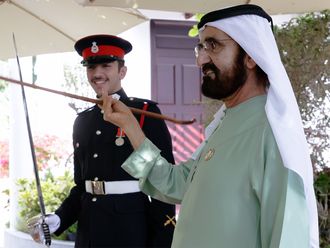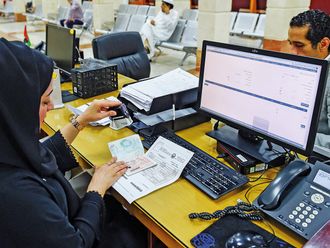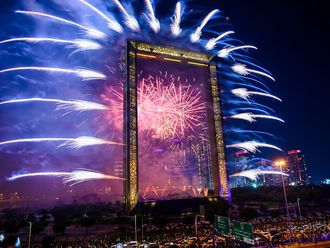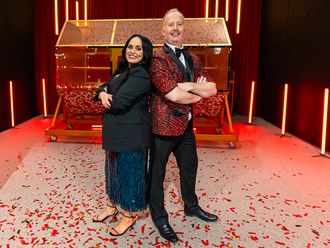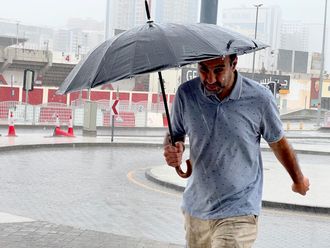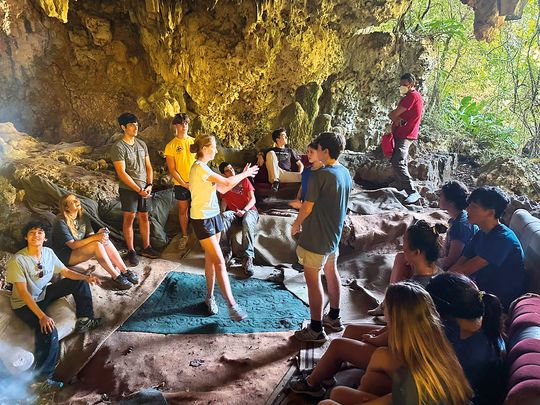
We’re known for our global education programme. Our experiential learning programs take students out of the classroom and give them the opportunity to apply academic learning to different external settings,” says Michael O’Connor, Chief Marketing and Enrollment Officer at Appleby College.
Appleby College is among Canada’s leading independent day and boarding schools. Founded in 1911, it is a co-ed institution where 800 students studying in Grades 7 through 12. The boarding programme starts in Grade 9 and is mandatory for Year 12. The school follows the Ontario Secondary School curriculum and complements the programme with the Appleby College Diploma.
“We also offer diplomas of distinction in global learning and global leadership in business, STEM, and the creative arts as well as the AP Capstone programme. We’re known for our rigorous academic program and innovative approach to classroom teaching,” says O’Connor.
The school is sought after not only by resident Canadians but also by the student fraternity from across the globe. Currently, students from 47 countries, including the UAE and other GCC countries, are at Appleby College in various grades. “We have consistently had families from the UAE relocating halfway across the world here to give their children the Appleby learning experience.”
The two main intake years for day students are Grade 7 and Grade 9, while it is Grades 10 and 11 for boarders. “Most families from the GCC opt for Appleby either at Grade 7 or Grade 10,” says O’Connor, adding, “We’re very fortunate to have built a reputation and brand that has positioned us as one of the best schools in Canada, and arguably one of the best schools in the world.”
About 65 per cent of the student population is Canadian, and the remaining 35 per cent are non-Canadian citizens, from the UAE, UK, Hong Kong, Vietnam, Korea, and many other countries.
The key strengths of the school are its commitment to global learning and global education, which have been the founding principles of the school. “We’re a university preparatory school and while we are fortunate to have our graduates attending Ivy League colleges, the top universities in Canada, or the Oxbridge group in the UK, for us it is about making sure that our students are getting into an institution that is the best fit for them. We ensure our students are set up for success, not only at the university level but in the next phase of their lives too.”
Each year, about 165 to 170 students graduate from Appleby and head to 75 to 80 universities and institutions. “All Year 12 students are boarders. Living among a diverse student body, from more than 45 countries, exposes our students to different cultures, and sensitises and educates them in ways that academics alone cannot. It creates leadership qualities and prepares our students to excel on global platforms.”
A residential programme for Grade 12 students also prepares them for college by providing them with a structured day. After a regimented life at school, many students find unfettered freedom in college difficult to navigate. What sets some students apart from others is continued focus and discipline. At Appleby College, such habits are instilled from early on and reinforced during the mandatory residential programme for students in Year 12.
“A usual day doesn’t end at 5.30, like for the rest of our students. Year 12 students follow a strict timetable for the day, which includes mandatory co-curricular activities, self-study, and free time in the evening. Following a set pattern for a year helps develop some of the habits that will stick with them when they’re in university.”
Appleby College is part of global collaborative organisations like Round Square and the G30 group of schools. “We have been able to create a mix of academics, experiential learning, and global learning in our way of teaching, which has allowed our students to thrive and be successful in life,” says O’Connor.
About 80-85 per cent of the teaching staff at Appleby is Canadian, and the rest are from different nationalities, including Lebanese, Chinese, Venezuelan, Indian and British.
Half of the teaching faculty has master’s degrees, and 25 per cent have doctorates.






